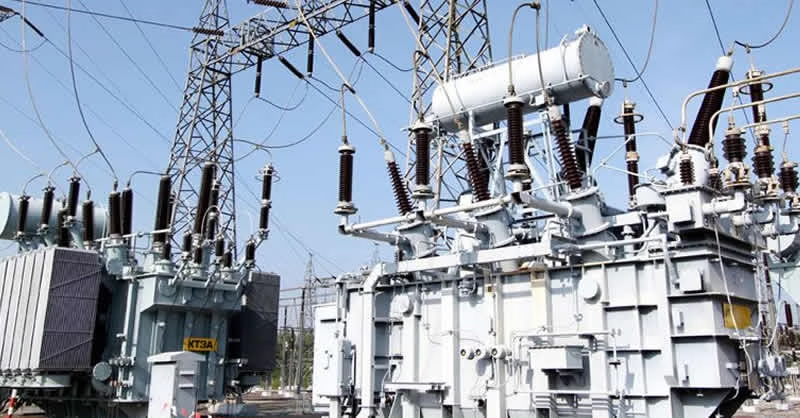Conflicting reports over the potential takeover of three major Nigerian power companies have sparked concerns about the stability of the country’s electricity sector, already strained by years of structural challenges. A recent Lagos High Court ruling, issued on August 5, 2025, by Justice Akintayo Aluko, reportedly placed Ikeja Electric, Egbin Power (KEPCO Energy Resources), and Independent Power Limited under receivership due to unresolved debts linked to a 2013 financing agreement. Court documents cited cases numbered FHC/L/CS/1242, FHC/L/CS/1244, and FHC/L/CS/1245 as the basis for the decision.
However, Ikeja Electric’s Chief Legal Officer, Babatunde Osadare, swiftly refuted the claims, clarifying that the court had instead prohibited lenders from initiating drastic measures against the firms. “Our operations remain unaffected, and no external receiver has been appointed,” Osadare stated, emphasizing that the companies’ assets and management structures remain intact. This contradiction has deepened uncertainty in Nigeria’s power industry, which has struggled with chronic instability since its privatization a decade ago.
The ambiguity arrives amid a broader crisis: five other electricity distributors—Abuja, Benin, Kaduna, Kano, and Ibadan—are already under receivership, according to local media. The Centre for the Promotion of Private Enterprise (CPPE), a Nigerian economic think tank, has called for urgent government intervention to prevent systemic collapse. CPPE CEO Muda Yusuf described the sector’s challenges as a “troubling conundrum,” tracing issues to flawed privatization, underfunded infrastructure, and unsustainable tariff models.
“The power sector’s breakdown would harm households, industries, and investors alike,” Yusuf warned, stressing the need for reforms to address liquidity gaps and regulatory inefficiencies. Privatized in 2013 to improve service delivery, Nigeria’s power infrastructure continues to grapple with frequent outages, underinvestment, and mounting debts estimated at billions of dollars. Analysts argue that without structural overhauls, the sector risks exacerbating economic hardships in Africa’s most populous nation, where over 40% of the population lacks reliable electricity access.
While the court’s latest ruling remains contested, stakeholders warn that prolonged uncertainty could deter foreign investment and undermine efforts to revitalize the grid. The federal government has yet to issue an official response, leaving industry experts and consumers awaiting clarity on the fate of a sector pivotal to Nigeria’s economic growth and stability.
